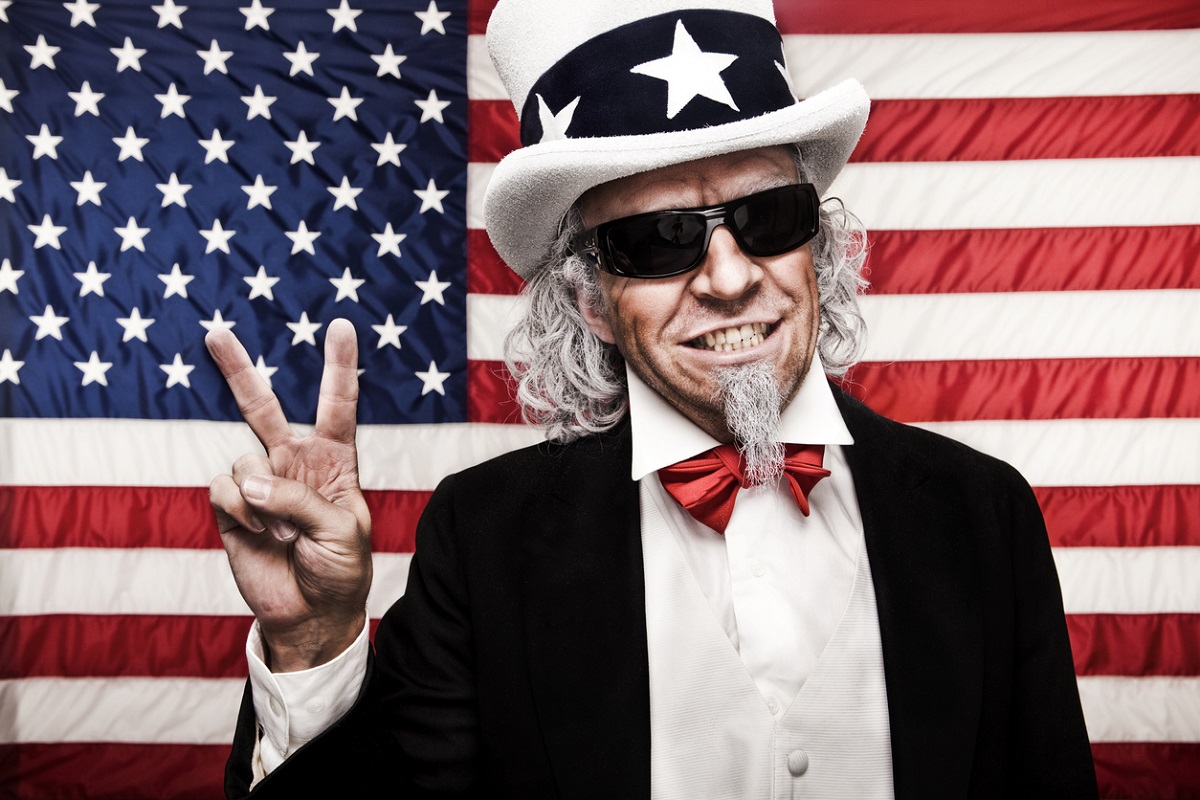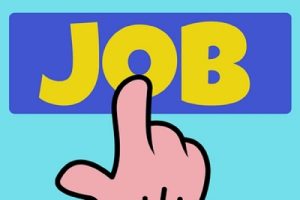The world’s super cop, America, now behaves as though it is not its job. President Trump has decided to withdraw US troops out of embattled regions such as Syria on the plea that “it’s not the USA’s job to be the world’s policeman”. This signals a major shift in policy. But does the US President carry conviction given his frequent flip-flops, including his intemperate threats to Iran, Turkey or nearer home, among others?
Trump’s decidedly impetuous presidency has left the comity of nations dumbfounded. Several senior members of his staff and ministerial colleagues have left the administration, criticising the President as self-absorbed, illinformed, obdurate. Consider the stand-off with the Democrats in the House of Representatives over his hawkish demand for $ 5 billion to construct a wall on the Mexican border. This led to the partial closure of the government, a revamp of immigration rules, changing the terms of America’s economic relations with China, abrogating the nuclear deal with Iran, interacting with North Korea’s Kim Jong-un. Nobody is certain about what Mr Trump’s policy actually is.
Advertisement
America is yet to reconcile itself with the new paradigm of global political awakening ~ manifest in “the rise of the rest”. As Paul Kennedy argued, the “global tectonic power shift, towards Asia and away from the West, seems hard to reverse”. Thomas L. Friedman and Michael Mandelbaum in their book That used to be US ~ What Went Wrong with America brought out in telling contrast the rapid and spectacular achievements in China, which, they believe, will reign supreme in the 21st century.
Having emerged as the world’s most powerful nation in the closing years of the 19th century, America has been transitioning from a multi-polar to bipolar and then ~ post the disintegration of the Soviet Union ~ to a unipolar world. The US hegemony in a unipolar world continued to envisage an American century, its self-styled supremacy, contemplated by the post-World War II America. Signifying a pivotal institution for post-war US globalism, the United Nations was set up to be the political embodiment of American lebensraum, a new federalism on the global scale. In the unipolar era, not only did the substance of American policy change, its style too became imperial and imperious. America sat on top of the world for almost a century, which made it quite sure that it is destined to be No. 1, forever. Post-9/11, the Afghan war heightened the aura of American omnipotence. It became more assertive, a “hyperpower”.
One important aspect of American policy, i.e. “financial imperialism” cannot be overlooked. Often it has been imposing its preferences in overseas jurisdictions through the extra-territoriality of its unilateral sanctions and on the pretext of battling against corporate graft under the Foreign Corrupt Practices Act. Its central role in the global economy and its global banking system have yielded an advantage, for example, in the 2014 General Electric’s purchase of Alstom of France. Consider also how the French lender BNP Paribas was walloped with a $8.9 billion fine for facilitating trade with Sudan, Cuba and Iran, and Deutsche Bank being fined $425 million in 2017 for helping launder $10b from Russia.
Today, it is a bruised Uncle Sam. The American eagle feels less confident and more vulnerable. Of late, the average American is adrift and ambivalent, uncertain about his country’s role in the world. Some sections favour an America that “minds its own business”, as during the Clinton administration’s foreign policy ~ risk-averse and hypersensitive to domestic pressure, even opportunistic rather than principled. Jimmy Carter’s national security adviser, Zbigniew Brzezinski, in his Strategic Vision states that America is in danger of sliding into “systemic obsolescence”, caused by political stalemate at home and misguided engagement abroad in “lonely and draining campaigns” against sometimes “self-generated” enemies, such as Iraq. He contends that America must fix its gridlocked politics, promote and guarantee an expanded West and balance the great powers of Asia.
America was the world’s most powerful country when it proposed the creation of the League of Nations to manage international relations after WW I. Again it was the world’s dominant power at the end of WW II, when it founded the United Nations, created the Bretton Woods system of international economic cooperation, and launched the world’s key international organizations. An early concept of four policemen for the world ~ the US, Britain, the USSR, and China ~ was conceived in regional terms, each of the four powers having the primary responsibility for peace and security in its own jurisdiction. In Tehran, the US had wedged China into the Security Council as a counterpoint for its neighbour along its north-western frontier as also European colonialism. It was Winston Churchill who cited the indeterminate status of occupied France to propose a fifth seat for it.
Today, a rapidly evolving new world order with power far more diffused than ever before requires a new approach towards a global system of rising aspirations of equity and inclusiveness ~ to be accommodating, flexible and adaptable. Choosing not to create an American imperium. Presidents Roosevelt and Truman tried to put in place an international order of alliances and multilateral institutions. The Marshall Plan signified American commitment to help get the rest of the world back on its feet; Secretary of State Marshsall insisted that the Plan’s initiative and control must rest with the Europeans themselves. Roosevelt believed that America needed to blend its power with generosity; he brought China, then a poor peasant society, whom Churchill disparagingly termed as the pigtails, to the UN Security Council.
Ultimately, America’s power abroad stands on its position at home. It will need to show the verve and grit to stay the course, and not swerve from its cardinal grid of strengths which propelled it to global heights. Its debt is rising; its population is ageing; its schools are mediocre by international standards; its infrastructure is termed rickety; its regulations dense; its tax code byzantine; its immigration system harebrained.
It fell from the first position to seventh, in just four years, in the World Economic Forum’s competitiveness rankings. It considers the US as the world’s “seventh- fittest economy”, a big slide from the first place within just four years. Its system has been lampooned as sclerotic, and the economic engine is becoming creaky and sluggish. America remains the world’s largest economy, also by far the most powerful military. As a beacon of democratic ethos, America has an obligation to be unwavering in its full support of democracies across the world. America has the potential to be what Bismarck helped Germany become in the late 19th century Europe, forging close relationship with each of the major countries. This entails consultation, cooperation and sometimes even compromise. For now it seems the alternative to a world dominated by America is “No One’s World”, the title of Charles Kupchan’s book. For the first time in history, he says, the world will have no global guardian. Western policymakers are deluded if they imagine that they can use their twilight of preeminence to lock rising powers into their own values and institutions. The West “will have to give as much as it gets as it seeks to fashion a new international order that includes the rest”.
(The writer is Senior Fellow, Asian Institute of Transport Development, and former CMD, Container Corporation of India)











